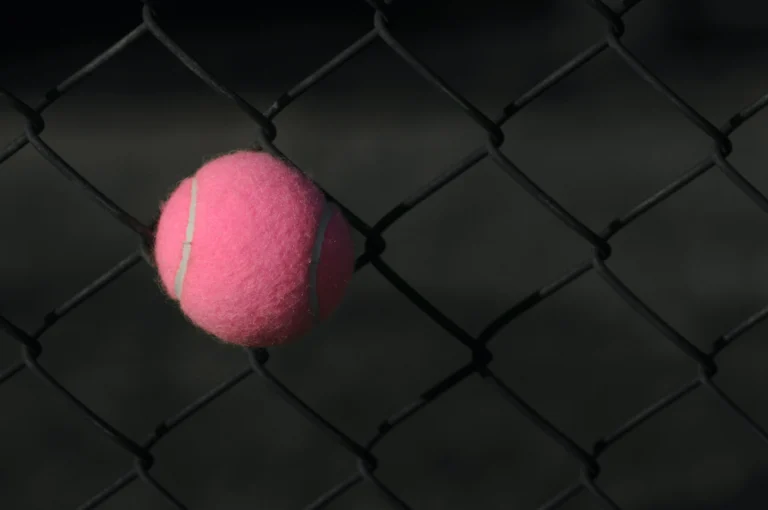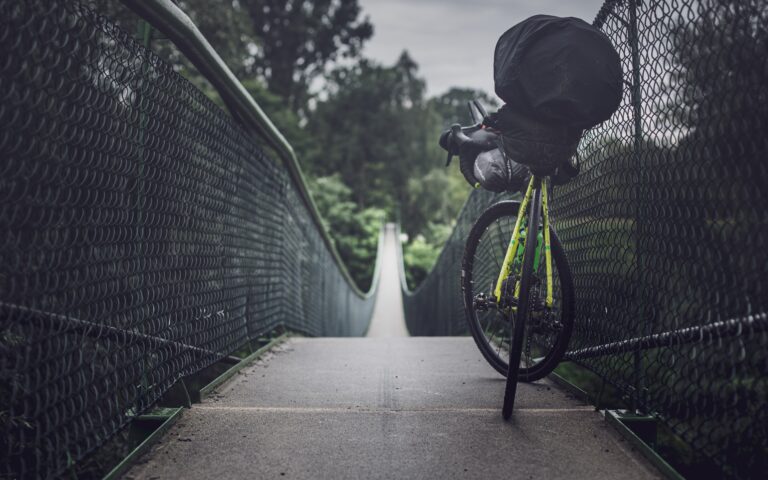“I don’t want someone who sees the good about me.
I want someone who sees the bad and still loves me.”
—Anonymous
“The beginning of love is to let those we love to be perfectly themselves and not to twist them to fit our own image. Otherwise, we love only the reflection of ourselves we find in them.”
—Thomas Merton
“Until we have seen someone’s darkness, we don’t really know who they are. Until we have forgiven someone’s darkness, we don’t really know what love is.”
—Marianne Williamson
“Love isn’t finding a perfect person. It’s seeing an imperfect person perfectly.”
—Sam Keen
Defining unconditional love is relatively simple, yet the practice of it can be challenging. Unconditional love is . . . well, love without conditions or expectations. There’s no agenda about getting something in return. Instead, it’s simply an experience of a full and unfiltered presence of love, felt in your whole body and radiating outward to another or back toward yourself as a quiet internal sensation of peace, serenity, and deep acceptance of the other person or who you are at any given moment.
Though we commonly associate it with loving another person, it’s not confined to that, but could be an animal, a plant, the stars above, or any other being on or off the planet including self-love which I mentioned earlier. It’s big stuff and the world can use plenty of it, especially during this intense and seemingly never-ending cycle we’re in. It can be sparked by the simplest of experiences. Have you ever played with a baby kitten and melted with affection for that amazing little being? Have you ever gazed into your lover’s eyes and felt a rush of pure joy? What about those moments of complete acceptance of who you are, with all the supposed flaws and attributes?
That last one can be the most challenging. Loving yourself unconditionally will take some work because often it’s layered over with practiced beliefs that drop a veil of shame and doubt over simply and fully accepting who you are—including the dark shadows lurking in the corner of your consciousness and all the “flaws” you see in yourself. What do you imagine it would be like if you fully accepted and loved yourself exactly as you are and exactly who you are?
Perhaps you’ve felt this about yourself from time to time but then get quickly thrown off the trail. It’s important to acknowledge that love is not static but more often emerges in the flow of your experience when the conditions are right and you’ve done your homework over the years to clear the emotional debris for love to emerge. It’s a management issue, learning to put aside those self-defeating and self-critical thoughts and feelings. You can’t force love or act as if you are loving someone or yourself. It’s too easy to see through it.
Wayne Dyer said that love is a state of being and not an emotion, but I beg to differ. It is an emotion as well as a fluid state of being, one where it can shift quickly and be dismissed to be replaced by those oh-so-human emotions and responses. For instance, the morning goes well and I’m feeling very peaceful and untroubled. Then I head out the door, hop in the car, feeling this pleasant state I’m in, radiating love to the world, ready to share that love with all of creation. Then, while driving, a jerk cuts right in front of me and then slows down! I so want to extend that love to the driver but, being human, my instinctive reaction is one of anger and thoughts of vengeance.
So what do you do in this kind of situation? First, accept that you’re instinctively reacting, perceiving it as an act of aggression (whether it is or not), so your body goes on alert. That is key. Remind yourself it is just an instinctive reaction, it’s not personal, and take a few slow, deep breaths, exhaling very slowly, allowing your body to return to a more relaxed state. Doing this doesn’t mean you have to love the other person, but it does give you an opportunity to let it go and eventually return to a more relaxed, relatively peaceful state of being.
It can be challenging to accept these often less than desirable characteristics, both in yourself and in others. Can you imagine loving yourself without blame, shame, or criticism? Of letting down the conditioned barriers to fully and deeply accepting and loving without qualification who you are in all the combinations and permutations of what makes up “you”? Practicing this love and acceptance of yourself is an important step to experiencing love and acceptance of another. It can last just a few moments or could extend for several minutes or even hours. That’s unconditional love. Accepting, surrendering, forgiving, and letting love show you the way.
To restate it, we’re all fallible human beings. Can you accept that you and everyone else is? If you’re in a relationship, can you love your partner even though you get irritated and judgmental with them? Don’t idealize unconditional love. Just do your best by being aware of the conditioning that can interfere with expressing your love in words and/or in action and do what you have to do in order to clear it. Forgive and accept yourself—the darkness and the light. Forgive others for their human fallibility. Be willing to risk being vulnerable.
I dare you!




Responses